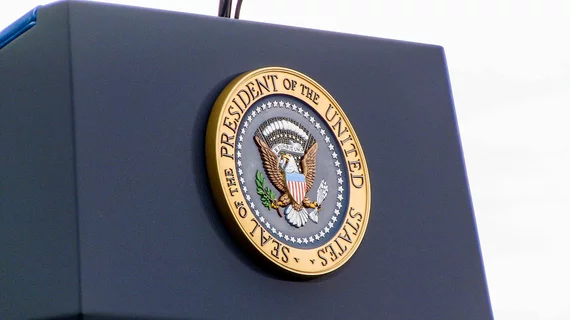What they’re saying about the White House’s executive order on AI
In the Biden administration’s latest push to encourage beneficial AI innovation while discouraging hazardous AI risk-taking, the president on Monday announced an executive order fleshing out that coupled call.
The EO is primarily aimed at federal agencies, regulators and legislators. By extension, it speaks to regulable private businesses developing the technology in the U.S. as well as governments and companies of good will abroad.
A fact sheet synopsizing the EO outlines eight key deliverables for the target audiences to pursue. Three of the items diverge from the usual check boxes. These are provisions for students as well as consumers, employment supports for workers and measures of responsible AI use by the U.S. government.
Reactions to the EO have been mostly supportive. This is unsurprising since tech leaders themselves have been asking to be regulated on AI for the better part of a year now. Detractors have been quiet, albeit not silent. Here’s a sampling.
- We face a genuine inflection point in history, one of those moments where the decisions we make in the very near term are going to set the course for the next decades.—President Joe Biden speaking at the executive order signing ceremony
- Behind the White House’s rosy PR push about setting a new course for AI lurk the scary but very real monsters of congressional dysfunction and international rivals. Without overcoming both, Biden’s AI vision could struggle to take root as his administration hopes it will.—Journalist Matt Laslo writing in Wired
- Congress will need to adequately fund our federal science agencies to be able to do the important research and standards development described in this executive order.—Rep. Zoe Lofgren (D-CA) in comments to the Washington Post
- [T]he order issued by Mr. Biden, the result of more than a year of work by several government departments, is limited in its scope. While Mr. Biden has broad powers to regulate how the federal government uses artificial intelligence, he is less able to reach into the private sector.—New York Times reporters Cecilia Kang and David E. Sanger
- Today’s executive order is a vital step to begin the long process of regulating rapidly advancing AI technology—but it’s only a first step.—Robert Weissman, president of DC-based consumer group Public Citizen, in comments to ABC News
- I think the White House has … used an interesting combination of techniques to put something together that I’m personally optimistic will move the dial in the right direction.—Lee Tiedrich, distinguished faculty fellow at Duke University’s Initiative for Science & Society, in comments to IEEE Spectrum

